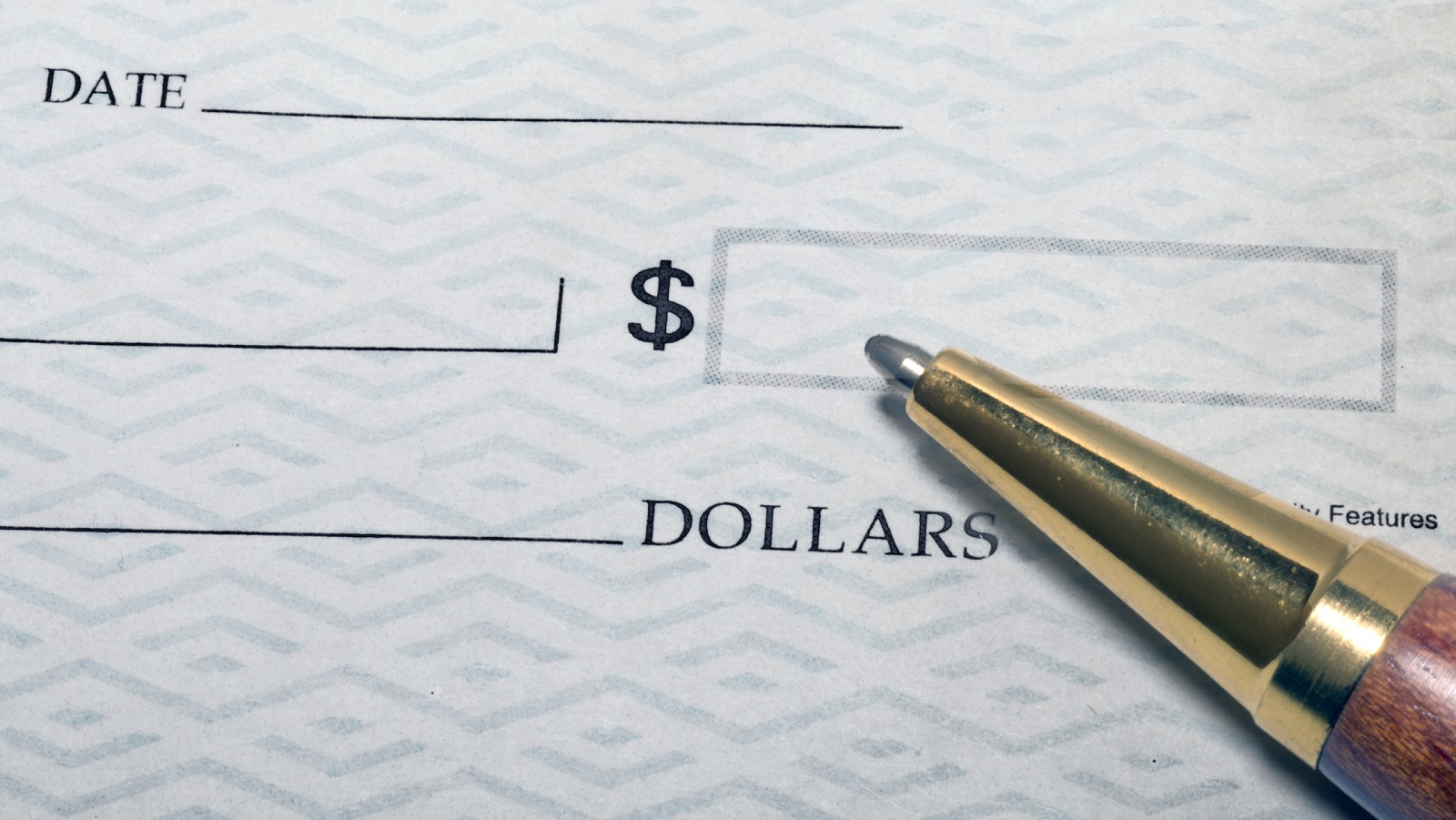
Checks are typically considered to be a more secure way to send money through the mail than cash. But according to the U.S. Postal Inspection Service (USPIS), there are reasons to forego mailing either one.
Check washing scams, in which a check’s payee name along with the dollar amount are changed and the check is fraudulently deposited, are more common than you might think. The USPIS said it recovers $1 billion in counterfeit checks and money orders each year.
As the holiday season gets into full swing, it’s worth taking note of the practice, which involves stealing checks from people’s mailboxes and then using chemicals to remove — or "wash" off — the ink.
The practice is part of a broader year-round scam problem, but fraudsters take advantage of the busy holiday season, in particular, as noted in a recent Visa scam alert in time for the holidays report, which predicts an uptick in shopping fraud schemes this season. The Better Business Bureau also recently reported that there is a new scam that targets holiday shoppers , which involves an imposter posing as a delivery person attempting to get you a package.
Scams and grandparents
As for check washing scams, fraud is on the rise despite a decrease in the number of people in general who still use checks. According to a report earlier this year from the Treasury Department's Financial Crimes Enforcement Network (FinCEN), it received 350,000 suspicious activity reports regarding potential check fraud in 2021. Last year, the number doubled to more than 680,000.
But there are still times that you should be wary of mailing cash, too. According to a July 2023 U.S. Postal Service (USPS) bulletin, beware of the so-called “grandparent scam,” in which a scammer gathers information about a person, contacts that person’s grandparent and tells them their grandchild is in trouble and needs money. This type of scam has become easier and more prevalent thanks to advancements in artificial intelligence technology, the USPS said.
What to do
The USPIS said you may have been a victim of check washing if you send a check and the recipient never receives it.
If you are planning to send checks, it recommends taking the following steps as protective measures:
- Deposit your mail before the last pickup or drop it off at the post office itself
- Never leave mail in your mailbox overnight
- Have a friend check your mail if you’re out of town, or keep it held at the post office until you get back







